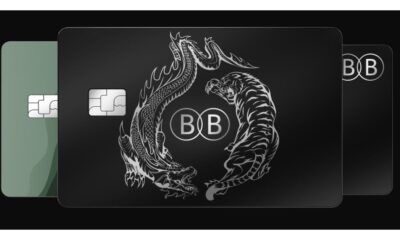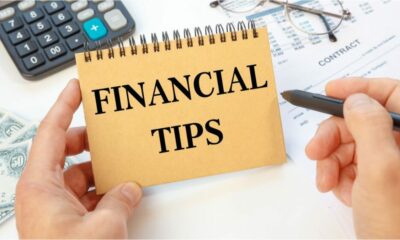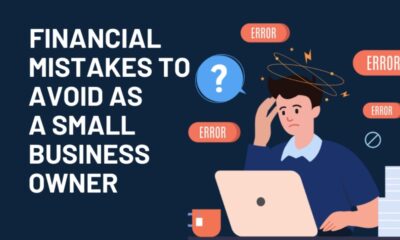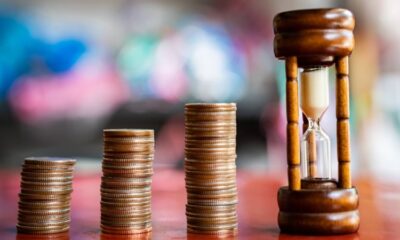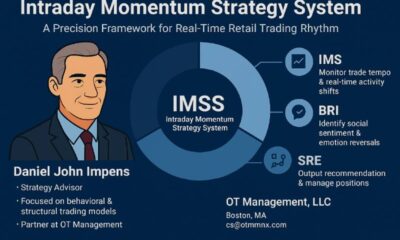Startup
Important Tips for Getting Your Finances Back in Order After a Layoff
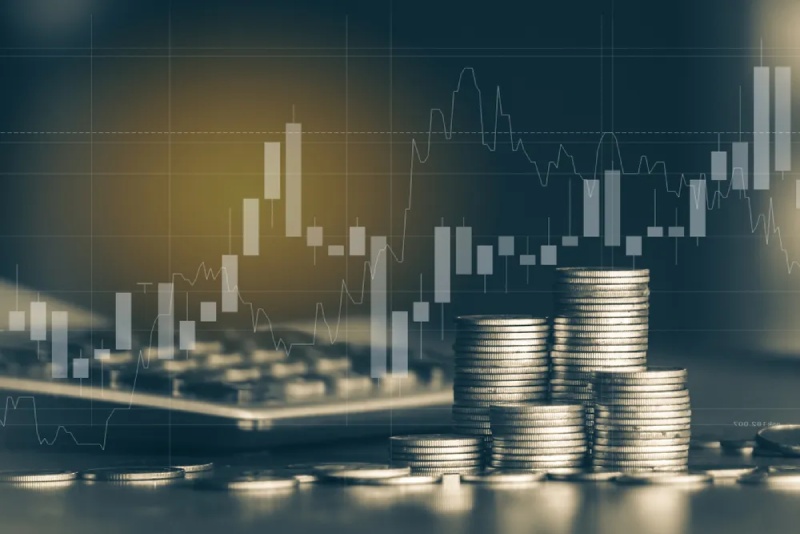
News of layoffs in several industries, including media, tech, and finance, has already surfaced in early 2024. Furthermore, although there is currently a low rate of unemployment and a robust economy overall, your company may choose to reduce its payroll costs at any time.
Not only can losing your job severely damage your outlook and self-worth, but it can also negatively impact your personal finances. Therefore, by all means, take a few days to sulk, cry, and let out your frustrations after being laid off. After that, though, put your resume away and begin networking. You might discover that you can find a new job rather quickly if you put yourself out there.
Nevertheless, even if you’re laid off for a short while, your finances could suffer. Thus, if you’re recovering from a period of unemployment, these are some crucial steps that can support your recovery.
- Increase your emergency fund
The goal of having an emergency fund is to be ready to pay for unforeseen costs, such as home repairs, or to cover bills if you lose your job. Don’t feel horrible if, during your unemployment, you took money out of your savings account to pay for bills. That’s the purpose of the money.
But once you start working again, try to cut back on your costs so you can replenish your emergency fund with the money you took out. You don’t want to expose yourself to debt in the event of another unexpected expense or work-related setback.
- Pay off your credit card debt as soon as you can
According to recent SecureSave data, 63% of Americans lack the necessary resources to handle a $500 emergency bill. Therefore, if you were without a job for a while, you might have accumulated credit card debt as a result.
Though it’s not enjoyable, that makes sense. However, as soon as you start working again, prioritize paying off that debt. You’re likely to accrue more interest the longer you leave it. However, you might not lose a lot of money to interest on a balance that is relatively recent if you can pay off that debt within a year.
- Take advantage of the gig economy until you have greater financial stability.
Reducing your expenditures can help you free up money to pay off debt or replenish your emergency fund. However, you might only be able to reduce spending to a certain extent. Therefore, after you’ve gotten used to your new job, look into your options for starting a side business in the gig economy.
It’s probably best in this case to take on a side gig where you can work your own hours. At first, your new work schedule might not be very predictable. Furthermore, you must demonstrate to your employer your willingness to be flexible as a new hire. For this reason, you might be a good fit for gigs like grocery delivery or driving for a ride-hailing service.
Recovering from a layoff is difficult. Furthermore, a period of unemployment may have lasting financial effects even after you start working again. Make every effort to reduce your debt and replenish your savings. And so be it if utilizing the gig economy is the most effective way to achieve those objectives.
As soon as your emergency fund is refilled and you have paid off all of your debt, you might even choose to keep working at your side business. In this manner, you’ll have a fallback source of income if you lose your job again.
-

 Sports4 weeks ago
Sports4 weeks agoFIFA Club World Cup 2025: Complete List of Qualified Teams and Groups
-

 Sports3 weeks ago
Sports3 weeks agoAl Ahly vs Inter Miami, 2025 FIFA Club World Cup – Preview, Prediction, Predicted Lineups and How to Watch
-
Health2 weeks ago
Back to Roots: Ayurveda Offers Natural Cure for Common Hair Woes
-

 Tech2 weeks ago
Tech2 weeks agoFrom Soil to Silicon: The Rise of Agriculture AI and Drone Innovations in 2025
-

 Sports3 weeks ago
Sports3 weeks agoFIVB Men’s Volleyball Nations League 2025: Full Schedule, Fixtures, Format, Teams, Pools and How to Watch
-

 Startup3 weeks ago
Startup3 weeks agoHow Instagram Is Driving Global Social Media Marketing Trends
-

 Television4 weeks ago
Television4 weeks agoTribeca Festival 2025: Date, Time, Lineups, Performances, Tickets and How to Watch
-

 Sports3 weeks ago
Sports3 weeks agoWorld Judo Championships 2025: Full Schedule, Date, Time, Key Athletes and How to Watch

